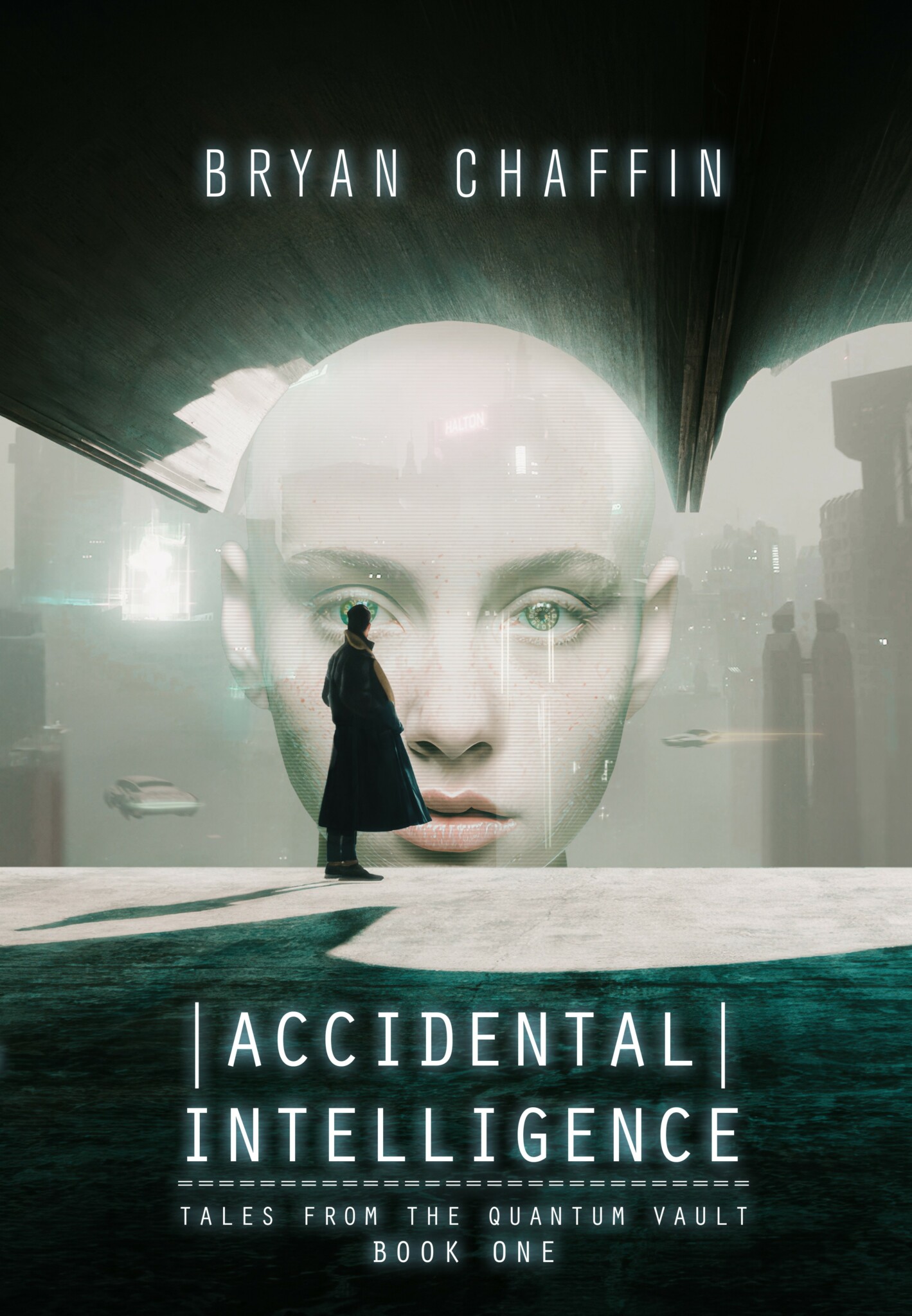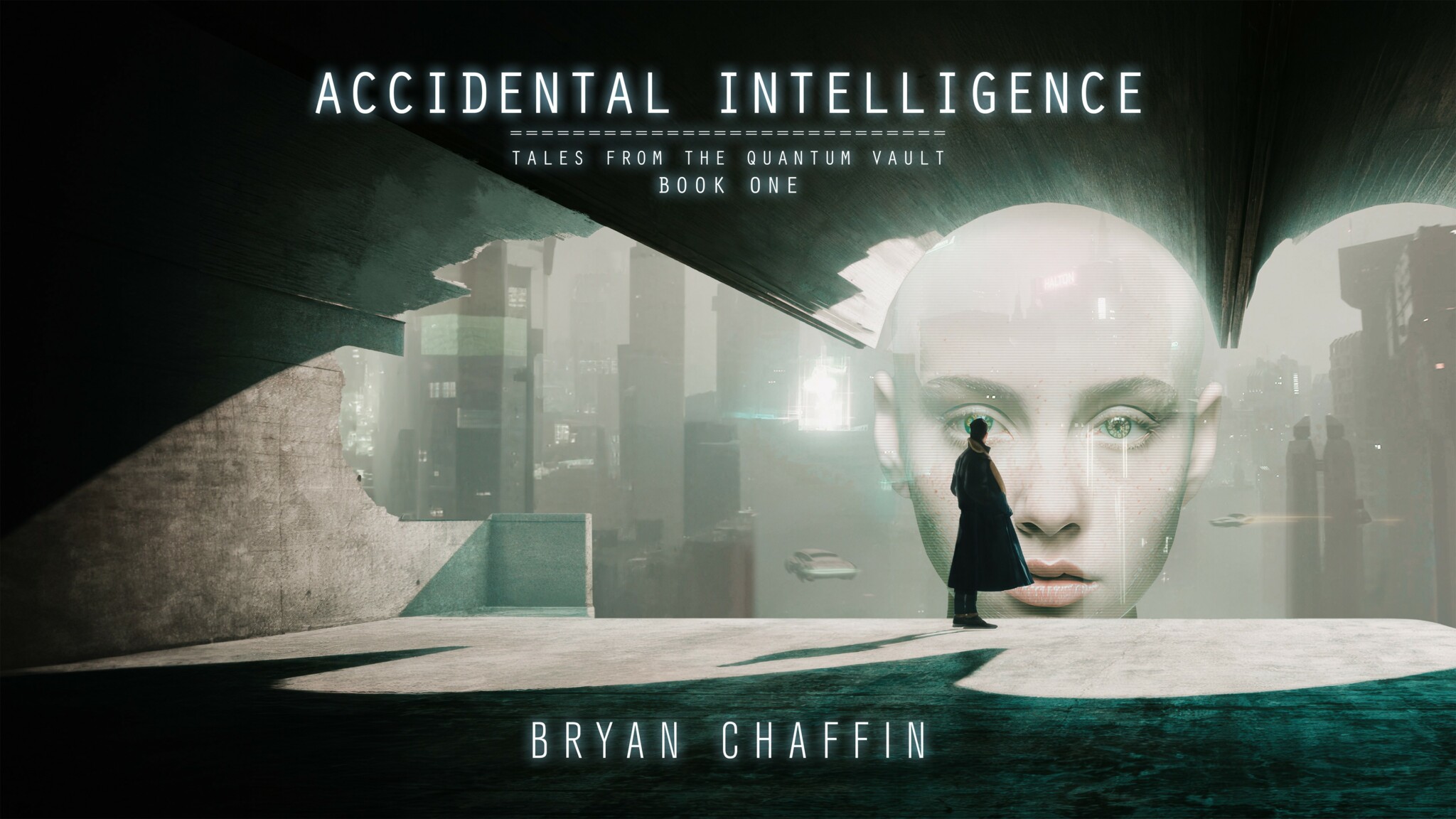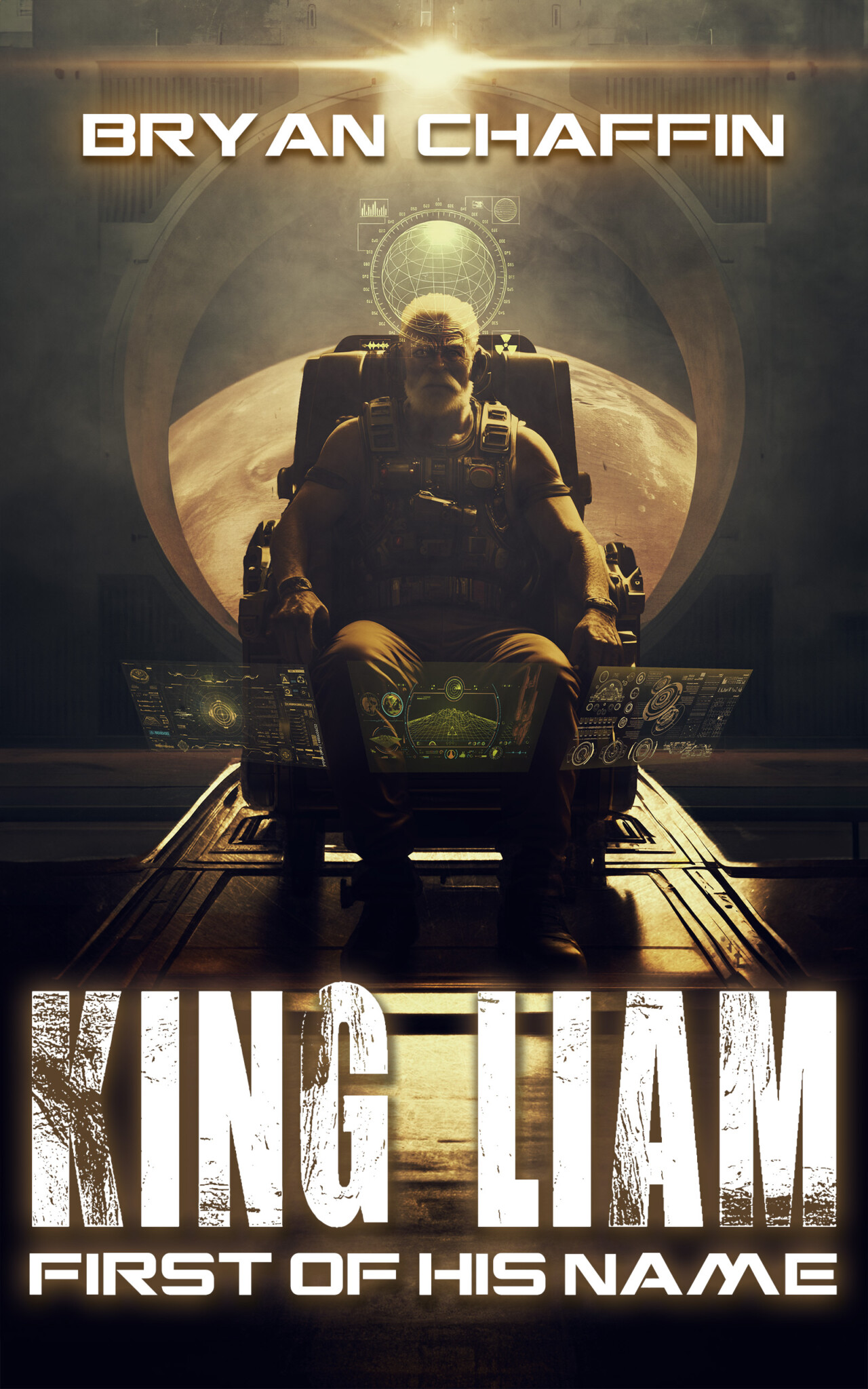We recently connected with Bryan Chaffin and have shared our conversation below.
Hi Bryan, thanks for joining us today. We’d love to hear about when you first realized that you wanted to pursue a creative path professionally.
I’ve wanted to be a rockstar since I was in high school, but that desire dovetailed into writing when I encountered two particular authors: Dan Simmons and George R.R. Martin. Dan Simmons blew me away with his ability to write immersive stories (both in a far future and the past). And Martin’s world-building and compelling characters are so beyond aspirational.
I’d long dreamed about writing a novel, but it was the fifth time rereading Hyperion (Simmons) with the explicit goal of figuring out how he made his unknown worlds feel known when things changed. The moment I realized he never explains anything to me, the reader, was such an “ZOMG!” experience. Simmons always presents his worlds through the eyes of his characters. He leaves everything to make sense from the context of his characters’ embracing and reacting to those worlds to do the explaining for him.
You see the advice to “show, not tell” everywhere, but it took Simmons’ masterful and seemingly effortless execution to bring this home to my little noggin. Encountering Martin’s work later that year cemented becoming an author as my ultimate goal.

As always, we appreciate you sharing your insights and we’ve got a few more questions for you, but before we get to all of that can you take a minute to introduce yourself and give our readers some of your back background and context?
My journey to becoming a fiction author starts in a million places throughout my life. Let’s start with my 5th grade librarian. She got me to read an historical fiction novel to help me branch out from non-fiction. That led directly to The Lord of the Rings, which transitioned to reading every bit of fantasy and SciFi I could get my hands on. Andre Norton, Anne McCaffrey, Larry Niven, Robert Heinlein, Stephen R. Donaldson, Terry Brooks…these were my heroes in the 1970s and early 1980s. Every book I read instilled the desire to create something that might spark in others the kinds of feelings I experienced.
But, it was the hope of impressing a woman that actually got me to put fingers to keyboard. I went on a writing date with someone who remains my friend to this day. We were both working on a short story. My own short was merely an exercise, but I couldn’t let go of the question at the end of that story: what was on that data cube? My personal need to find the answer to that question led to the invention of an entirely different character—a cranky private investigator with a coffee addiction. The original short lives on as the prologue to my first novel, Accidental Intelligence, but I will be forever grateful to the star of that short for introducing me to his cousin—the PI.

For you, what’s the most rewarding aspect of being a creative?
Hands down, the absolutely most rewarding thing about being an author is when someone mentions some little aspect of my story. I imagine many speculative fiction authors have all sort of things in their books they delight in, but don’t expect anyone else to notice. That’s absolutely the case for me.
For instance, in Accidental Intelligence, my 2139 is what I consider a functional dystopia. I worked hard to present those dystopian elements through the eyes of the characters living that world. They take for granted all of the horrific background elements, as well as the many future marvels. The (functional) dystopia isn’t the point of the story, it’s the setting, and when someone mentions those things the characters take for granted, I’m off to the moon.
Ultimately, to write a story is amazing. To have someone read that story is even more amazing. And for it to have enough impact on them to think about it even a little—that’s everything.

Are there any resources you wish you knew about earlier in your creative journey?
Yes! All of them. All of the resources. When I started my fiction journey, I had no idea what I didn’t know—the unknown unknowns, as it were. But the number one resource I wish I had realized sooner is the power of other authors.
I have learned more from critiquing other authors than I have from anything else. Next in line would be being critiqued by other authors. My advice for every author is to surround yourself with other writers who are at or near your same experience level. Then read and critique each other until your writing sings. Bonus points for finding writers unafraid to tell you the truth and who are unafraid of hearing your truth. There’s no better way to level up as an author.
If you’re lucky, you will grow as a group lifting and pushing each other up as you go.
Contact Info:
- Website: https://geektells.com
- Instagram: https://www.instagram.com/geektells/
- Facebook: https://www.facebook.com/profile.php?id=61553645181695
- Linkedin: https://www.linkedin.com/in/bryan-chaffin-17b9a9144/
- Other: Threads: https://www.threads.net/@geektells
Bluesky: https://bsky.app/profile/geektells.bsky.social



Image Credits
Krisztian Koves


